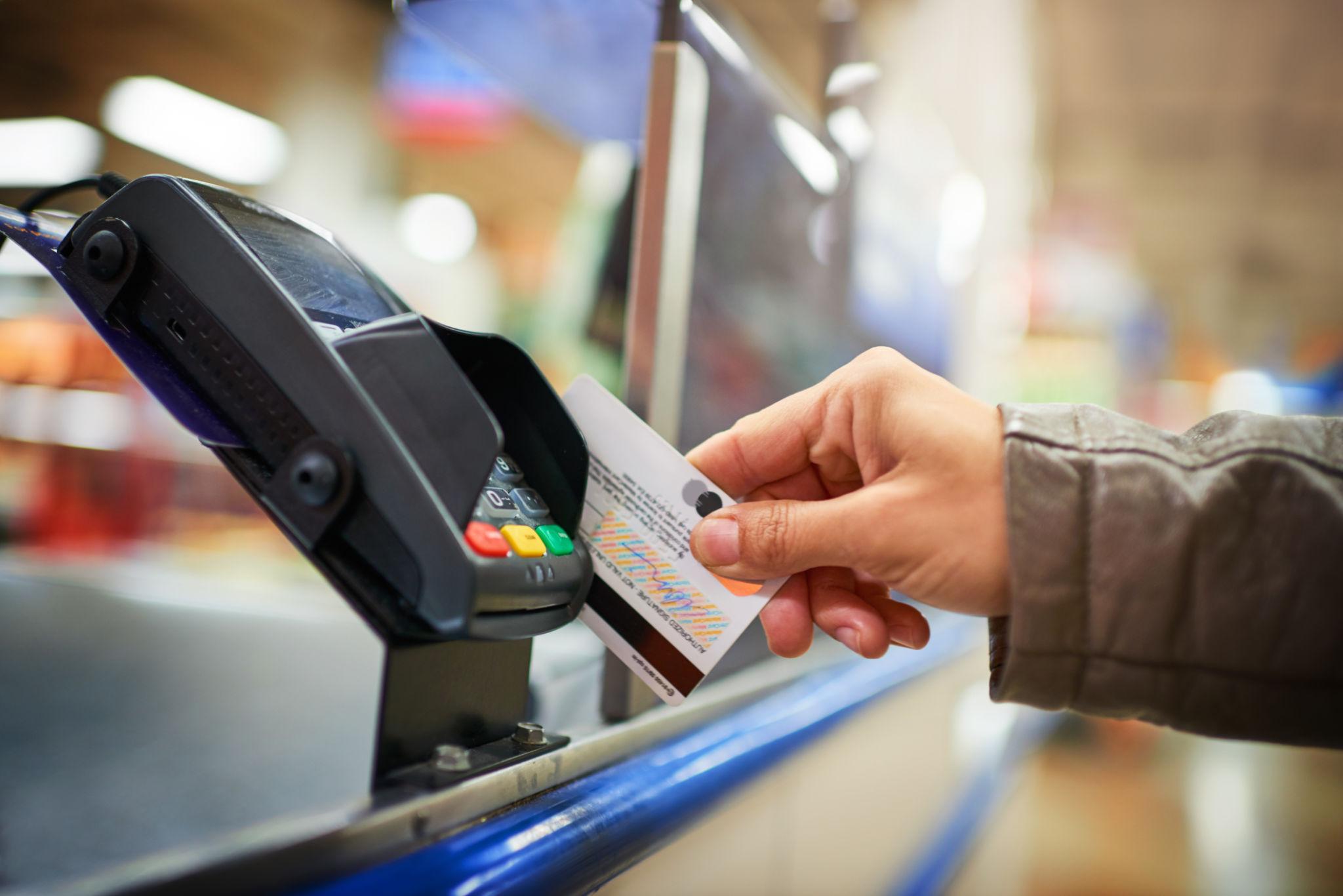A Beginner's Guide to Merchant Services for Seasonal Businesses
Understanding Merchant Services
Seasonal businesses often face unique challenges when it comes to payment processing. Merchant services, which encompass a variety of financial services used by businesses to accept and process payments, are crucial to their success. Whether you're running a summer pop-up shop or a winter holiday market, understanding these services can help streamline your operations and improve customer satisfaction.
Merchant services include credit card processing, point of sale (POS) systems, e-commerce solutions, and more. By leveraging these tools, you can offer multiple payment options to your customers, making it easier for them to purchase your products or services.

Choosing the Right Payment Processor
Selecting a payment processor is one of the most important decisions for any seasonal business. A processor acts as the intermediary between your business and the customer's bank. Key factors to consider when choosing a payment processor include transaction fees, security features, and the types of payments they support.
Look for a processor that offers competitive rates and robust security measures such as encryption and fraud detection. Additionally, ensure the processor can handle the payment methods most popular with your customers, like credit cards, mobile payments, or contactless options.
Transaction Fees: What to Expect
Transaction fees can vary widely among payment processors. They might include a percentage of each sale, a flat fee per transaction, or monthly charges. As a seasonal business, you may also need a plan that offers flexibility for months with little or no activity.

Implementing Point of Sale Systems
A Point of Sale (POS) system is crucial for managing transactions efficiently. For seasonal businesses, portable or mobile POS systems are often ideal. These systems enable you to process payments anywhere, from outdoor festivals to temporary retail spaces.
When selecting a POS system, consider its ease of use, integration with other systems, and ability to track sales and inventory. Many modern POS systems offer features like customer relationship management (CRM) and detailed analytics to help you understand your business performance better.
Mobile vs. Traditional POS Systems
Mobile POS systems provide flexibility and mobility, allowing you to set up shop virtually anywhere. Traditional POS systems may offer more robust features but can be less practical for businesses that frequently change locations or operate in temporary spaces.

E-commerce Solutions for Seasonal Businesses
If your seasonal business also operates online, integrating e-commerce solutions with your merchant services is essential. These solutions allow you to accept online payments securely and efficiently. Popular e-commerce platforms often offer built-in payment processing capabilities, simplifying the process.
Ensure your e-commerce platform supports various payment methods and provides secure checkout experiences to build trust with your customers. Additionally, consider integrating features such as inventory management and order tracking to enhance your online operations.
Security Considerations in E-commerce
Security is paramount when dealing with online transactions. Implementing SSL certificates, utilizing secure payment gateways, and maintaining PCI compliance are crucial steps to protect your business and customers from potential fraud.
